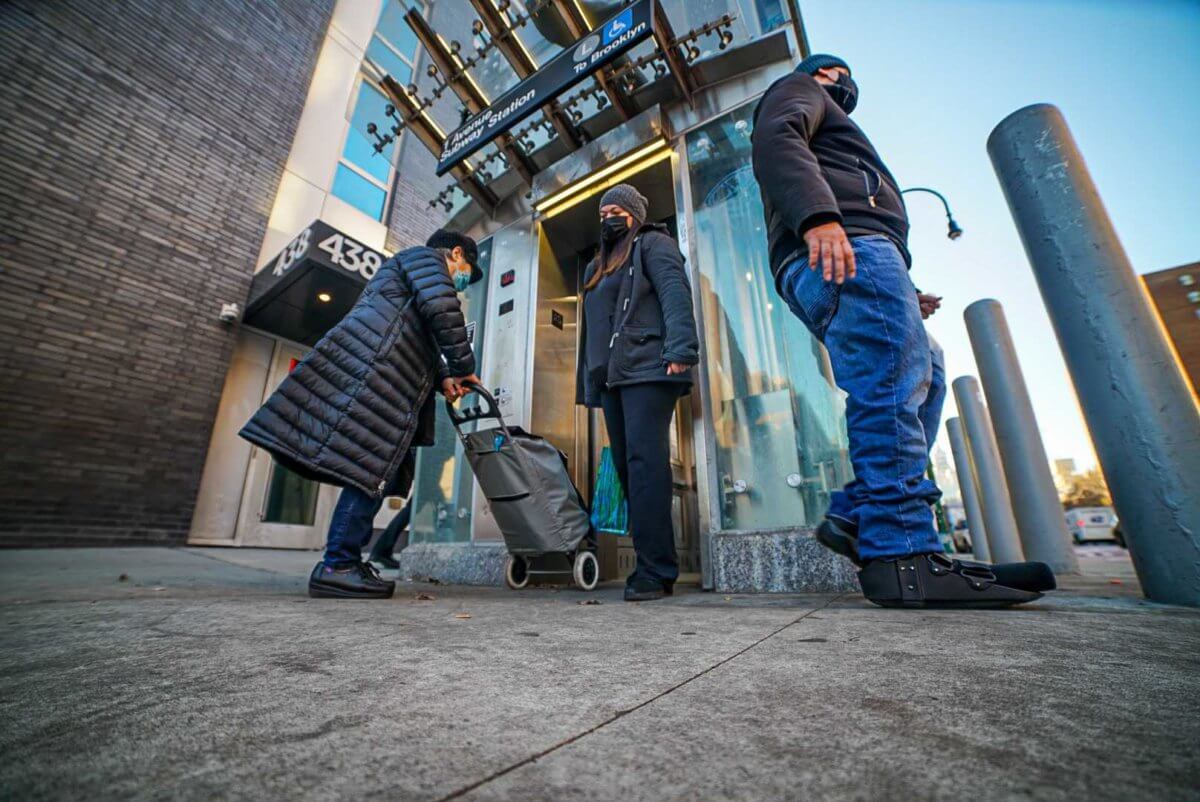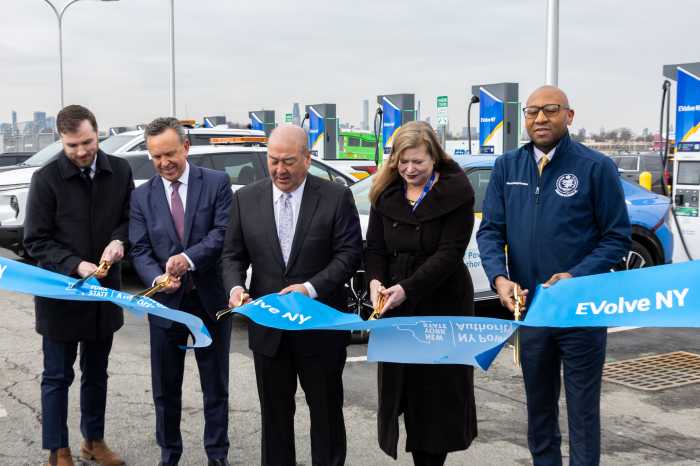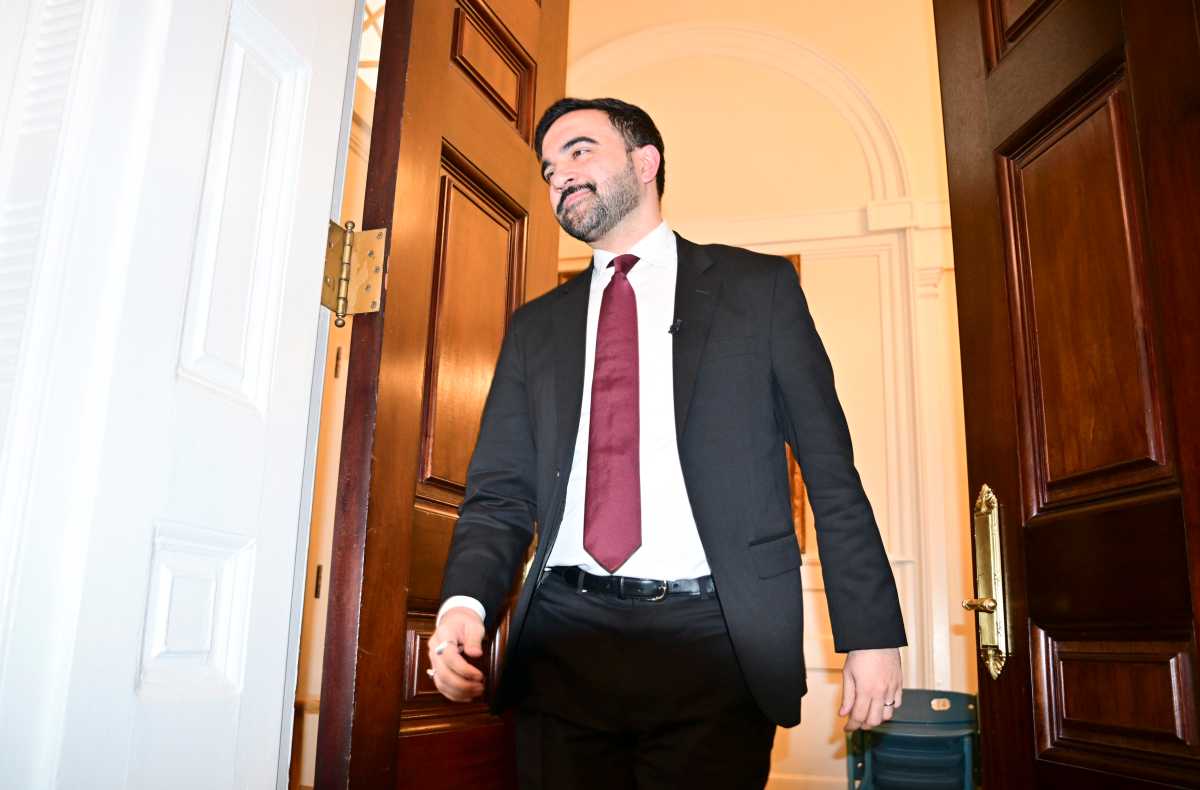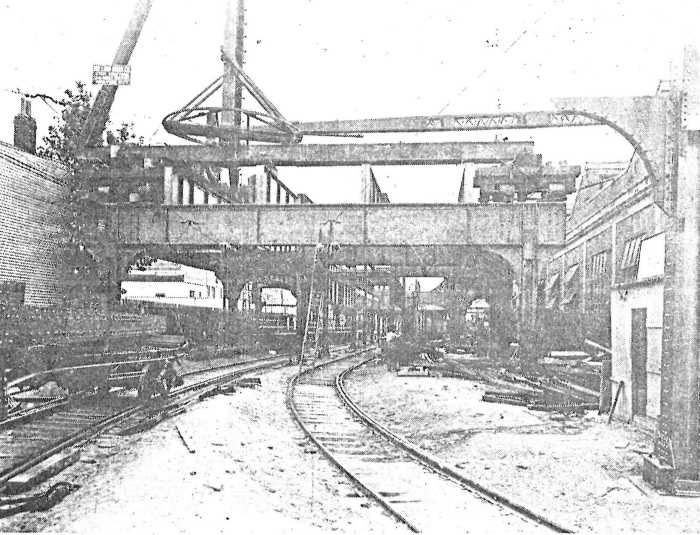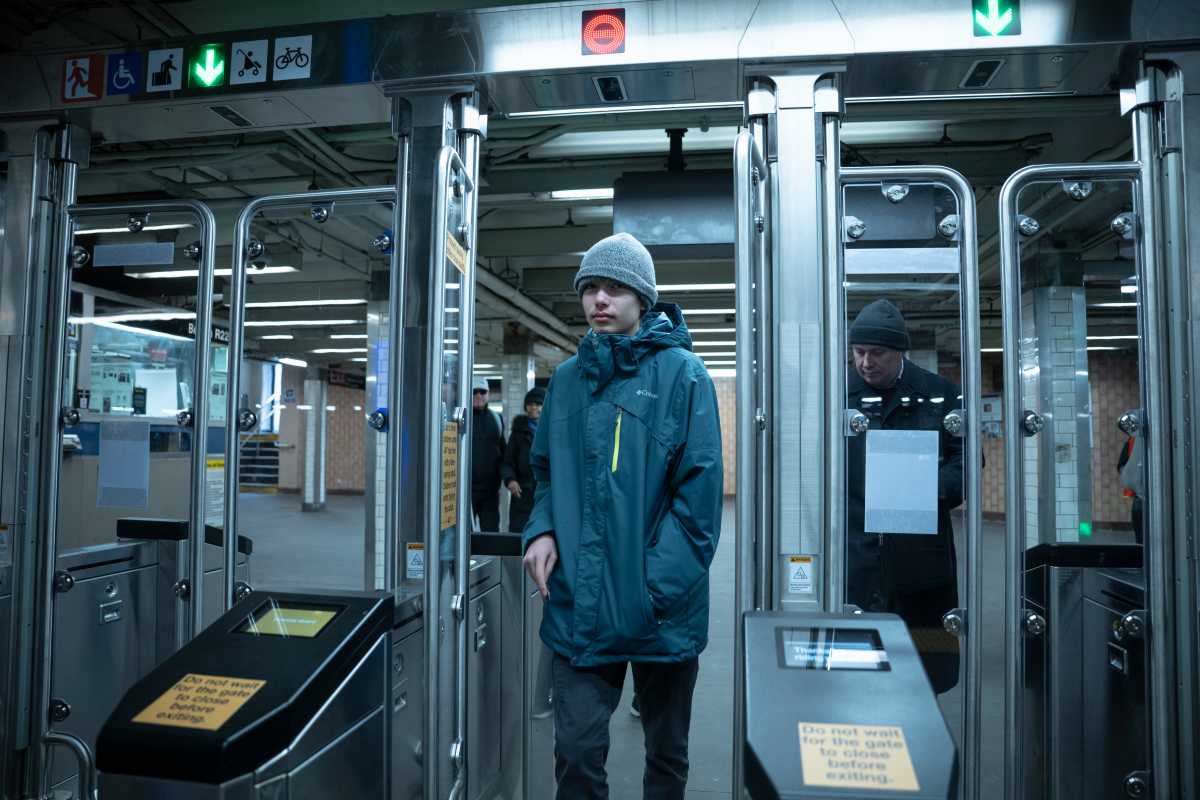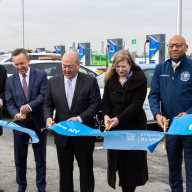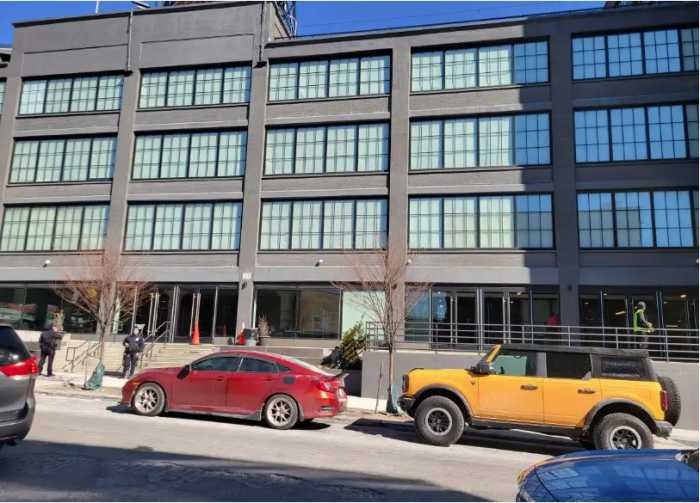Subway stations throughout Queens will get new elevators as a city-wide effort to expand accessibility throughout the subway system continues.
The MTA announced a timeline to invest over $5 billion over the next two years to help achieve ADA improvements and improve the commute for millions of New Yorkers. In December’s board meeting, the MTA will seek approval to make eight stations accessible.
For Queens, the contract will include the installation of new elevators at Steinway Street Station M/R, Court Square G train, Queensboro Plaza N/W/7, Woodhaven Boulevard M/R and Rockaway Boulevard A Subway Stations.
Senate Deputy Leader Michael Gianaris said he pressured the MTA to expand accessibility in Astoria.
“After years of pushing for accessibility improvements, the MTA listened to western Queens residents, activists and elected leaders advocating for better subway access. These improvements will go a long way to making our subway available for all,” Gianaris said. “While there is still a long way to go in making the entire subway system 100% accessible, these elevators represent a step forward.”
Most recently, elevators were installed at the Astoria Boulevard N/W Station in 2020.
Gianaris has been a consistent advocate for transit accessibility. In 2018, the senator released a report on the state of accessibility, rating it the least accessible major transit network in North America.
If the proposal is approved by the MTA Board, the Authority will also contract a private partner who will be responsible for accessibility projects and obligated to maintain the elevators for 15 years.
“Accessibility improvements are central to the MTA and are at the top of the list of our capital program initiatives,” MTA Acting Chair and CEO Janno Lieber said. “Our transit system is the lynchpin of this region and has to be accessible for everyone. The time is now to deliver these projects to our riders who depend on us to get to work, school, and wherever they need to go. Implementing this kind of first in the nation public-private partnership for ADA improvements demonstrates the MTA’s firm commitment to expanding accessibility.”

